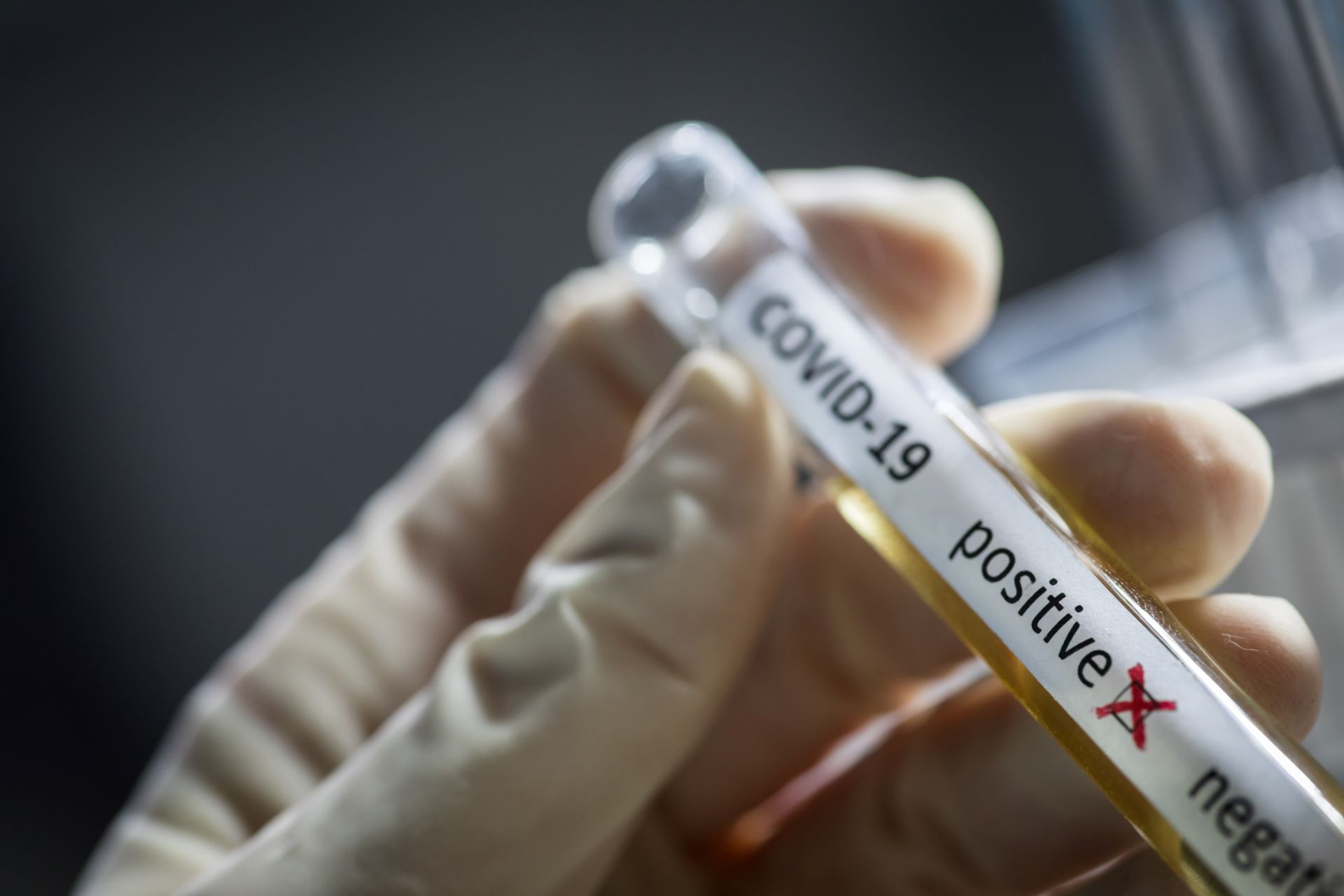Now in its 33rd week, the Barnes & Thornburg Wage & Hour Practice Group’s COVID-19 related workplace litigation tracker has summarized 678 complaints filed across the United States in 12 categories. This week’s spotlight is on a case representing two trends we’ve seen arise among COVID-19 related workplace complaints: whistleblowers and workplace safety. This case also highlights some unique theories of relief new to the tracker: assault and loss of consortium.
In Paye v. Elwyn of Pennsylvania, the plaintiff alleges her employer, a human services organization that provides care to individuals with disabilities, failed to provide its employees with sufficient PPE, failed to offer COVID-19 tests for its employees, and failed to notify the plaintiff that one of her co-workers had tested positive for COVID-19. The plaintiff alleges that she raised these complaints to the operations manager and her union representative. The plaintiff went on to allege that she was terminated in retaliation for her complaints, a violation of Pennsylvania’s whistleblower statute and public policy.
In addition to her wrongful termination claims, the plaintiff raised a claim for intentional infliction of emotional distress. She alleges that the defendant’s failure to provide PPE, failure to test for COVID-19, and failure to notify her of positive tests in the workplace were intentional and deliberate, and caused her to suffer “extreme emotional distress.”
Furthermore, the complaint asserts claims for assault and loss of consortium, two theories not commonly associated with claims predicated on COVID-19. In support of her assault claim, the plaintiff argues that the defendant’s deliberate failure to provide PPE and refusal to give her a COVID-19 test put her in fear of coming into contact with COVID-19. The plaintiff’s husband and co-plaintiff asserts a claim for loss of companionship and consortium, in light of his wife’s need to quarantine after being exposed at work to an individual who had tested positive for COVID-19. Mr. Paye asserts that during the time Ms. Paye was in isolation, he was “deprived of his wife’s company, affection, and sexual intimacy.”
This case illustrates some of the ways in which plaintiffs get creative in asserting multiple theories of relief for the same basic set of allegations. While the COVID-19 pandemic persists, employers will likely be faced with situations involving employees contracting the virus at work and related lawsuits in which the employees seek potentially unique and varying theories of relief. Time will tell if such theories will be successful.
Nonetheless, employers would do well to review their workplace safety measures to ensure they are they are following all applicable public health orders and taking appropriate steps to minimize the spread of COVID-19 in the workplace. When in doubt, seek guidance from your labor and employment attorney. We will continue to track these trends as they unfold, and will continue to update the tracker each week. As always, stay tuned.















